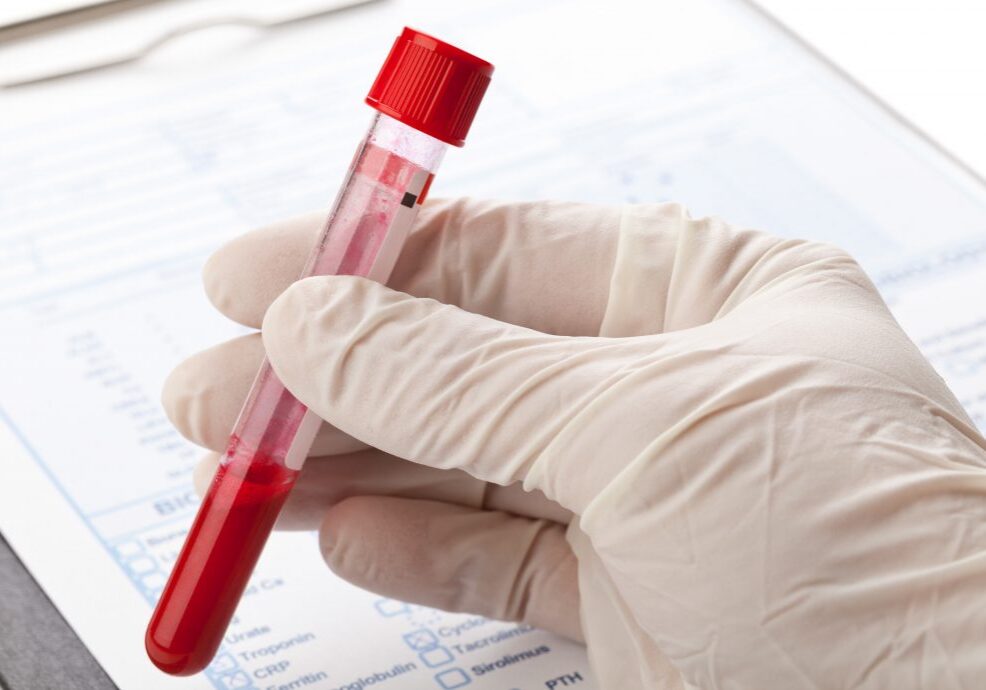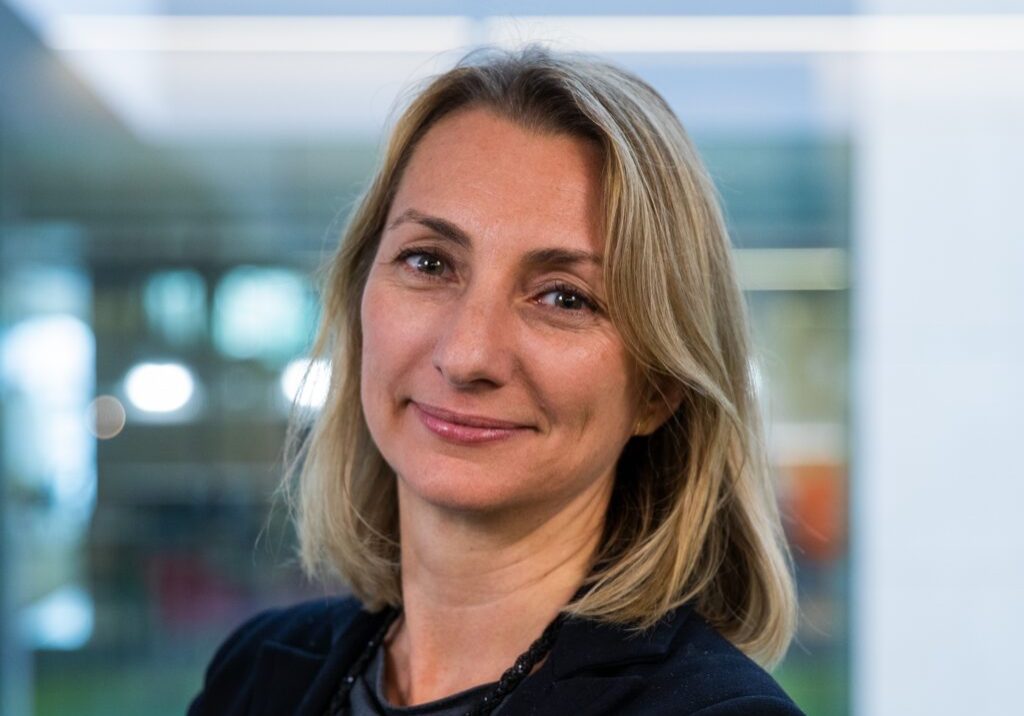Curenetics Joins Forces with Queen Mary University London and Oracle Cancer Trust
Curenetics Joins Forces with Queen Mary University London & Oracle Cancer Trust in Revolutionary AI-Enabled Oral Cancer Test- qMIDS Supported by NIHR
Curenetics, Queen Mary University London (QMUL), Oracle Cancer Trust and South East Health Technologies Alliance (SEHTA) are working collaboratively to pioneer a transformative approach to oral cancer detection through the Novel AI-Enabled qMIDS Test. The research is funded by the National Institute for Health and Care Research (NIHR), the research partner of the NHS, public health and social care. This groundbreaking project is poised to elevate precision cancer diagnostics by harnessing the power of artificial intelligence.
The Novel AI-Enhanced qMIDS Test, an innovative fusion of state-of-the-art technologies, presents a revolutionary solution to the challenge of oral cancer diagnosis. By integrating AI with the quantitative Malignancy Index Diagnostic System (qMIDS), rapid and accurate oral cancer detection is now possible even in the presence of seemingly inconspicuous mouth lesions. The test employs reverse transcription quantitative PCR to analyze the expression levels of 16 genes (mRNA) within a minimally invasive 1-mm3 tissue biopsy. These gene expression profiles are then translated into a clinically meaningful quantitative malignancy index through an AI-powered algorithm, enabling precise stratification of cancer risk.
This cutting-edge research initiative represents a collaboration between the fields of oral cancer medicine, cancer biology and artificial intelligence. The research team is led by Dr. Sola Adeleke, Dr. Muy-Teck Teh, Dr. Barbara Carey, Gemma McKnight, and experts from SEHTA. Together they bring a wealth of expertise and a shared dedication to pushing the boundaries of cancer diagnostics.
Future Implications
Dr. Sola Adeleke, Founder of Curenetics, expressed the immense significance of this partnership: “Our collaboration with Queen Mary University London and Oracle Cancer Trust, under the auspices of NIHR, marks a giant stride in validating the Novel AI-Enhanced qMIDS Test. This research holds the potential to revolutionize the way we approach cancer diagnosis, offering an unprecedented level of accuracy and speed that has the potential to redefine patient care.”
The Novel AI-Enhanced qMIDS Test stands as a testament to the relentless pursuit of innovation in healthcare. By combining the expertise of multiple leading institutions, this research initiative underscores the commitment of all parties involved to transform the landscape of oral cancer detection and management.
As the research continues to progress, the collaborative efforts of Curenetics, Queen Mary University London, Oracle Cancer Trust, SEHTA and NIHR stand poised to redefine the future of oral cancer diagnostics, exemplifying the profound impact that can be achieved through the integration of AI and cancer medicine.

Using the power of football to help prevent cancer
This week, Oracle Head & Neck Cancer UK has launched an important awareness campaign in partnership with Bromley FC, using the reach of football to shine a light on head and neck cancer prevention and the life-saving importance of the HPV vaccine. Throughout the week, Bromley FC is sharing trusted health information with its supporters,…

Cancer Care: Why Mental Health Support Must Be Part of Every Cancer Journey
Oracle Head & Neck Cancer UK is proud to support the Daily Express Cancer Care campaign, a powerful series that shines a light on the often unseen emotional toll of cancer – and the urgent need for better psychological support for everyone affected. The campaign published over the past three weeks featured voices from across…

Ground-breaking blood test shows promise for early detection of head & neck and other hard-to-screen cancers
A new large-scale trial has found that the blood-based screening test known as Galleri test can detect more than 50 types of cancer – including cancers of the head and neck, which currently have no routine screening programme – and may significantly boost early diagnosis. The trial showed that, when used alongside existing screening methods,…

2 Minutes to Save Your Life: Oracle Launches HeadNeckCheck Campaign for Make Sense Week
This Make Sense Week (15-20 September), the European-wide head and neck cancer awareness initiative, Oracle Head & Neck Cancer UK, is championing both prevention and early detection – recognising that stopping cancer before it starts is just as vital as catching it early. Two Ways to Fight Cancer This Week Prevention Today: Head and neck…

Leadership update
After four successful years as CEO, Tamara Kahn has transformed Oracle into a respected national voice for head and neck cancer patients. She established a national presence, created a four-pillar RACE strategy (Research, Awareness, Collaboration and Patient/Community Engagement) and built strong policy influence. With these foundations now firmly in place, Tamara will transition from her…

Finding Light in Adversity: Seven inspiring stories through head and neck cancer
A new collection of patient stories from Oracle Head and Neck Cancer UK reveals how individuals facing head and neck cancer have discovered unexpected sources of strength, purpose and even joy during their treatment and recovery. The seven contributors share remarkably similar themes despite their unique journeys. Almost all emphasise the power of maintaining a…

NHS to fast-track patients with head and neck cancer into cancer vaccine trial
Patients with advanced head and neck cancers in England will be fast-tracked into a trial of a new cancer vaccine, as the NHS expands its world-leading trial ‘match-making’ service. The investigational cancer vaccine uses mRNA technology to help the immune system recognise and kill cancer cells containing human papillomavirus proteins. More than 100 patients with advanced head…

World Head and Neck Cancer Awareness Day 2025: The HPV Vaccine Could Save Your Life
27th July 2025 This World Head and Neck Cancer Awareness Day, Oracle Head and Neck Cancer UK has a simple but urgent message: HPV vaccination saves lives. With HPV-related head and neck cancers having doubled in the past 20 years, the charity is using today to remind the public that these devastating cancers are preventable…

Data from the National Disease Registration Service on HPV associated and HPV independent oropharyngeal squamous cell carcinoma
The Get Data Out Programme from the National Disease Registration Service (NDRS), part of NHS England, has published statistics on incidence, routes to diagnosis and treatment for patients diagnosed with oropharyngeal cancer in England by human papillomavirus (HPV) status. To our knowledge this is the first time data on oropharyngeal cancer by HPV status has…

Join Us for an Evening of Research, Impact, and Conversation
Research & Impact EveningDate: Monday 28th April 2025Time: 6:00 PM – 8:30 PMVenue: Skyline, Tower Suites, 100 Minories, London EC3N 1JY A Celebration of Research Join us for a meaningful and action-focused evening where we’ll be diving into some of the big conversations around head and neck cancer – especially those linked to HPV (human…



